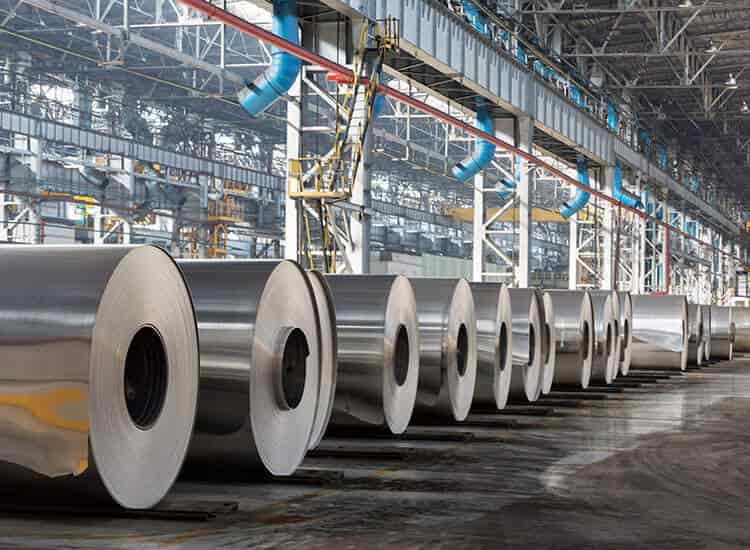Description: In the rapidly evolving landscape of industrial supply chains, artificial intelligence (AI) is emerging as a transformative force, particularly in the steel industry. Traditionally reliant on complex logistics and supply networks, steel manufacturers and distributors are now leveraging AI to streamline operations, enhance efficiency, and drive competitive advantage.
Enhancing Efficiency Through AI
AI powered solutions are revolutionizing how steel supply chains operate. One of the key areas where AI excels is in predictive analytics. By analyzing vast amounts of historical data and real time information, AI algorithms can forecast demand with unprecedented accuracy. This capability enables steel suppliers to optimize inventory management, ensuring that they maintain adequate stock levels without overstocking, which can tie up capital unnecessarily.
Moreover, AI driven predictive maintenance is revolutionizing asset management within steel plants. By continuously monitoring equipment performance and predicting maintenance needs, AI helps minimize downtime and reduce the likelihood of costly breakdowns. This proactive approach not only improves operational efficiency but also extends the lifespan of critical machinery.
Optimizing Logistics and Transportation
Logistics and transportation are integral components of any supply chain, especially in the steel industry where materials need to be transported over long distances. AI plays a crucial role in optimizing these processes by analyzing various factors such as traffic patterns, weather conditions, and real time data from shipping routes. This optimization not only reduces transportation costs but also enhances delivery reliability, ensuring that steel reaches its destination on time and in optimal condition.
Improving Quality Control and Safety
Quality control is paramount in the steel industry, where even minor defects can have significant repercussions. AI powered quality control systems utilize advanced image recognition and machine learning algorithms to detect imperfections in steel products with high precision. This capability not only improves product quality but also reduces waste and enhances customer satisfaction.
Furthermore, AI contributes to enhancing safety within steel plants by monitoring environmental factors and alerting operators to potential hazards. By analyzing sensor data in real time, AI systems can preemptively identify safety risks, allowing for timely intervention and mitigating the likelihood of accidents.
The Future of AI in Steel Supply Chains
Looking ahead, the integration of AI into steel supply chains is set to deepen further. Innovations such as autonomous vehicles for material handling, AI driven market forecasting, and blockchain enabled supply chain transparency are on the horizon. These advancements promise to make steel supply chains more resilient, agile, and responsive to market dynamics.
AI is not just a technological tool but a catalyst for transformation within the steel industry. By harnessing the power of AI, stakeholders across the supply chain—from manufacturers to distributors—are poised to unlock new efficiencies, reduce costs, and drive sustainable growth. As the industry continues to embrace AI innovations, the future of steel supply chains looks increasingly intelligent and adaptive to the demands of a rapidly changing world.




